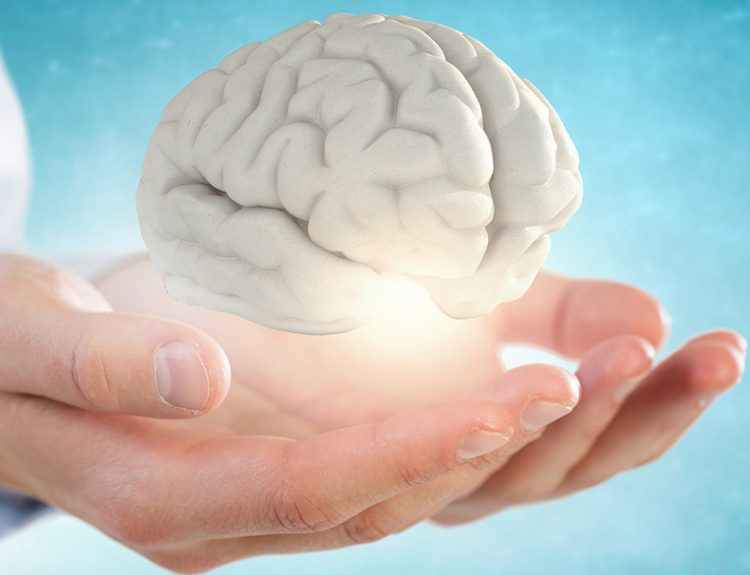Meditation, a practice that has captivated both the spiritually inclined and the scientifically curious, has been the subject of countless studies that reveal its profound impact on happiness, stress management, and mental acuity. In this article, we delve into the scientific underpinnings of meditation and explore how to embark on this transformative journey.
Understanding Meditation
Meditation encompasses a range of psychophysiological practices, originally rooted in Hinduism and integral to yoga, which aim to sharpen consciousness, foster self-understanding, and exert control over the mind. While historically intertwined with esoteric traditions, contemporary discourse increasingly emphasizes meditation as a secular tool for mental training and tranquility.
Why Science Regards Meditation as Valuable
With over 3,000 scientific studies, meditation’s benefits are supported by a robust body of evidence. These studies encompass participants ranging from dedicated Buddhist monks with extensive meditation experience to novices dedicating just 15 minutes daily. The majority of subjects exhibited positive transformations in various aspects of their lives. Here’s a closer look:
1. Stress Reduction:
Meditation is often a refuge for those seeking relief from stress. A study involving 3,500 adults confirmed its efficacy. When stress triggers the brain’s “fight or flight” response—marked by surges in adrenaline and cortisol—it can result in sleep disturbances, depression, anxiety, elevated blood pressure, fatigue, and cognitive disarray. Meditation offers a sanctuary where individuals can pause, acknowledge stress, and consciously choose their response. This might manifest as a regular relaxation practice, empowering rational decision-making even under stress.
2. Anxiety Control:
The amygdala, the brain’s fear center, vigilantly scans for potential threats. In modern life, it can often sound a “false alarm,” inducing irrational anxiety. Research demonstrates that meditation reduces amygdala activity. Both experienced meditators and individuals with chronic anxiety benefited from this effect. It’s noteworthy that this reduction in anxiety is akin to medication without side effects, making meditation an attractive alternative for those with anxiety disorders and panic attacks.
3. Emotional Wellness:
Meditators exhibit the capacity to disentangle themselves from emotional entanglements. This transformation may be linked to a reduction in cytokine production, substances released in response to stress that influence mood and can lead to depression. Meditation nurtures neural connections promoting empathy and rational problem-solving, rendering it as effective as antidepressants in mitigating depression.
4. Heightened Awareness:
Regular meditation leads to the expansion of brain regions linked to awareness and memory, promoting increased thickness in the hippocampus. This vital structure is responsible for functions such as learning, memory retention, and emotional regulation. This neurological transformation underscores that mindfulness is not solely a byproduct of extended introspection but rather a tangible alteration in brain structure facilitated by the practice of meditation.
5. Enhanced Concentration:

Attention deficit disorder isn’t solely a childhood concern; millions of adults grapple with it as well. Meditation enhances attention and concentration, akin to physical exercise fortifying muscle strength and endurance. Just two weeks of meditation practice can bolster attention span by 16%, subsequently facilitating improved cognitive performance.
6. Combating Brain Aging:
Aging often coincides with cognitive decline, attributable to the loss of gray matter—the neurons responsible for memory and learning. Meditation challenges the notion that such decline is inevitable. By enhancing neuroplasticity, the brain’s ability to adapt and grow, regular meditation can sustain or even increase gray matter concentration. Remarkably, the brains of individuals over 50 who meditate regularly appear seven years younger in neuroimaging studies.
7. Improved Sleep:
Meditation promotes relaxation and prevents ruminative thoughts that impede sleep. By activating brain regions facilitating deep sleep, it accelerates sleep onset and enhances sleep quality. Comparative studies have revealed that meditation practitioners fall asleep more swiftly and enjoy deeper and longer sleep than non-practitioners.
8. Pain Management:
Meditation diminishes the brain’s perception of pain, supplementing conventional treatments for chronic pain and physical therapy. Mindfulness alleviates pain center activity in the brain and eventually reshapes the brain’s structure to reduce the intensity of pain. Consequently, meditation is recommended in clinical settings to assist individuals dealing with pain stemming from conditions like heart disease, diabetes, arthritis, migraines, chronic fatigue, and even multiple sclerosis.
Embarking on Your Meditation Journey
To reap the benefits of meditation, most experts concur that eight weeks of daily sessions lasting 10-12 minutes suffice. Seasoned practitioners recommend meditating in the morning or upon awakening when the mind is unburdened by daily concerns. Meditation isn’t confined to a particular setting; it can be practiced anywhere, anytime.
Basic Meditation Practice by Mingyur Rinpoche:
- Sit in a relaxed position with a straight back.
- Your eyes may be open or closed.
- Take a few minutes to cultivate calmness, recalling the feeling of relaxation after a busy day.
- Breathe through your mouth or nose.
- Focus on the sensation of inhalation and exhalation.
- Pause briefly between breaths, using these intervals to relax.
- If thoughts intrude, acknowledge them without resistance and return to your breath.
- Continue this practice for 5-10 minutes.
- Conclude your meditation with a peaceful moment of rest.
Meditation’s transformational power transcends ancient traditions, offering scientifically substantiated benefits accessible to all who seek inner peace and mental clarity.





















